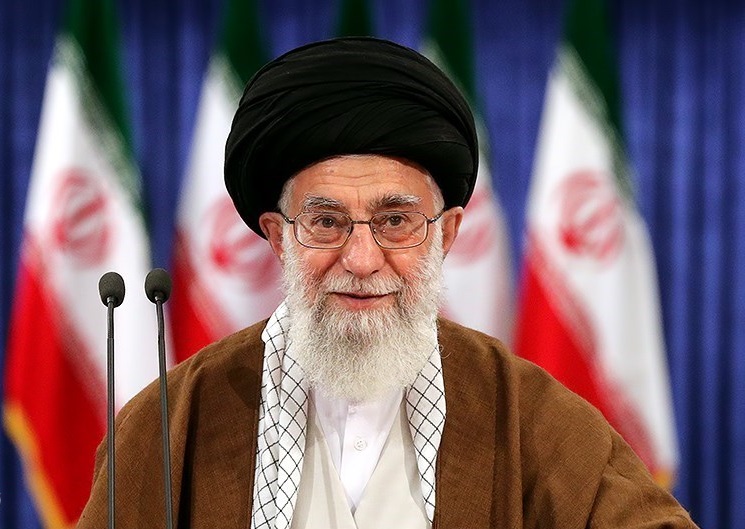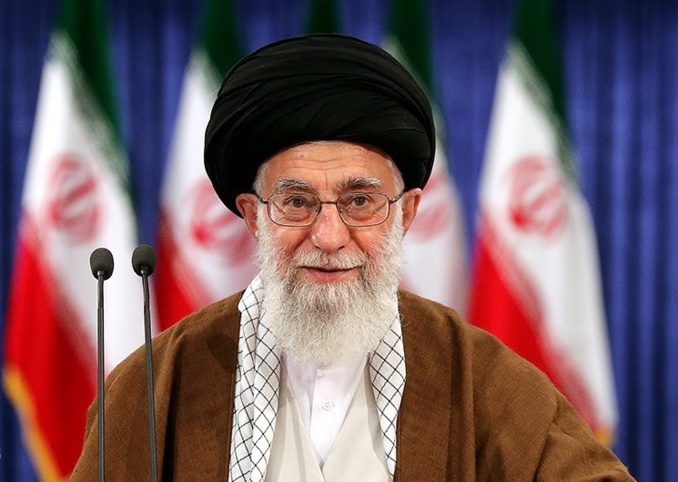German Chancellor Angela Merkel and Premier of the State Council Li Keqiang spoke in favor of free trade and international approaches to crisis management. Germany and China are working to create a "multi-global system," Merkel said on Thursday, May 24, in Beijing after talks with Li Keqiang. Both sides also consider it necessary to maintain an agreement with Iran on its nuclear program, despite the decision by US President Donald Trump to break this agreement unilaterally.
In connection with the possible failure of the meeting between the leaders of the United States and the DPRK on Pyongyang's nuclear program, Germany and China called on both sides not to abandon negotiations. Problems should be resolved through dialogue, Li Keqiang said.
Angela Merkel, in turn, spoke in support of Chinese investment in Germany and urged the Chinese authorities to ensure fair conditions for German companies in China. Li Keqiang promised that the Chinese market "will be opened further" for German firms including in the sphere of finance and services.
The Head of Government of Germany also supported conclusion of an agreement between the European Union and the PRC on the protection of investments.
Touching upon the issue of respect for human rights, Merkel noted that the interlocutors had found such a dialogue format that allows open discussion of complex topics. At that, the Chinese prime minister has responded evasively to the call of the Chancellor of Germany to allow departure of Liu Xia, the widow of Chinese human rights defender Liu Xiaobo, who has been under house arrest for eight years. After the meeting with Merkel, Li Keqiang said only that it was "individual cases" and that both sides, when discussing human rights issues, call problems "with mutual respect" and "try to find an acceptable solution."
Meanwhile, Iran's Supreme Leader Ayatollah Ali Khamenei put forward seven conditions, the observance of which will keep Tehran's commitment to a nuclear deal. According to Khamenei, Europe must ensure that Iran can continue to sell oil. If the United States damages sales of Iranian oil, European states must compensate it. In addition, the Iranian leader demanded that European banks guarantee continuation of trade cooperation. Among other things, Europe must adopt a resolution that will condemn the US for violating resolution 2231, which supports a nuclear deal with Iran.
Ayatollah Ali Khamenei stressed that Iran does not intend to start a conflict with Germany, France and Great Britain, but the EU countries must prove that they are working on a nuclear agreement. "If the Europeans do not dare to respond to our demands, then Iran reserves the right to resume nuclear activities," the Iranian leader said.
source: dw.de
In connection with the possible failure of the meeting between the leaders of the United States and the DPRK on Pyongyang's nuclear program, Germany and China called on both sides not to abandon negotiations. Problems should be resolved through dialogue, Li Keqiang said.
Angela Merkel, in turn, spoke in support of Chinese investment in Germany and urged the Chinese authorities to ensure fair conditions for German companies in China. Li Keqiang promised that the Chinese market "will be opened further" for German firms including in the sphere of finance and services.
The Head of Government of Germany also supported conclusion of an agreement between the European Union and the PRC on the protection of investments.
Touching upon the issue of respect for human rights, Merkel noted that the interlocutors had found such a dialogue format that allows open discussion of complex topics. At that, the Chinese prime minister has responded evasively to the call of the Chancellor of Germany to allow departure of Liu Xia, the widow of Chinese human rights defender Liu Xiaobo, who has been under house arrest for eight years. After the meeting with Merkel, Li Keqiang said only that it was "individual cases" and that both sides, when discussing human rights issues, call problems "with mutual respect" and "try to find an acceptable solution."
Meanwhile, Iran's Supreme Leader Ayatollah Ali Khamenei put forward seven conditions, the observance of which will keep Tehran's commitment to a nuclear deal. According to Khamenei, Europe must ensure that Iran can continue to sell oil. If the United States damages sales of Iranian oil, European states must compensate it. In addition, the Iranian leader demanded that European banks guarantee continuation of trade cooperation. Among other things, Europe must adopt a resolution that will condemn the US for violating resolution 2231, which supports a nuclear deal with Iran.
Ayatollah Ali Khamenei stressed that Iran does not intend to start a conflict with Germany, France and Great Britain, but the EU countries must prove that they are working on a nuclear agreement. "If the Europeans do not dare to respond to our demands, then Iran reserves the right to resume nuclear activities," the Iranian leader said.
source: dw.de



















